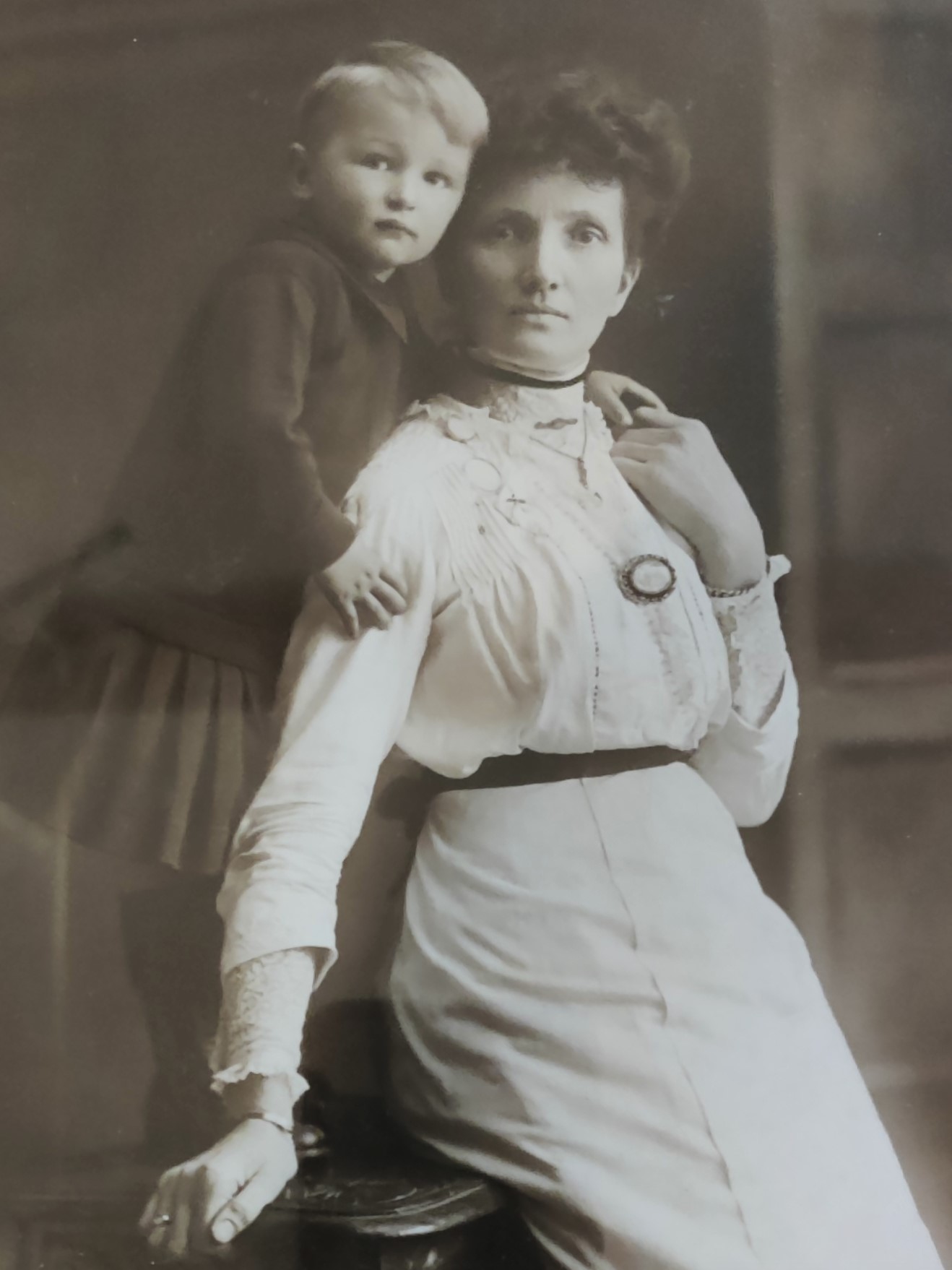INTRODUCTION
This is the diary for 1910 of 23 year old Winifred Francis “May” Baylis, transcribed and annotated, with this Introduction, an Epilogue and Genealogical Notes.
May lived at the Hownings with her widowed father George, and two surviving younger brothers George Edward “Ned” and John Hartwright “Jack”. Her late mother Mary Jane “Winnie” died, aged 34, following the birth of May’s brother Philip around Christmas 1893; Philip drowned in a well aged 4; his elder sister Dora Jane died of diptheria in 1901.
The Hownings is an hour’s brisk walk from Droitwich, east along the Saltway, past Huntingdrop, Summerhill and Gallows Green, just after the School Road turn to Hanbury Hall, home of the Vernon family.
George Baylis, Farmer and Horse and Cattle Dealer, farmed at the Hownings as a tenant of the Vernon family in succession to his father Edward who died at the Hownings, also a widower, in 1876.
1910 saw two General Elections, a new Monarch and the growing threat of war in Europe; the burning questions of Irish Home Rule and Tariff Reform remained unresolved; and following Lloyd George’s controversial “People’s Budget”, constitutional conflict between the Commons and Lords came to a head. And they read the Riot Act in Droitwich.
May’s was not a political diary, rather a day by day account of the domestic, working and social life of a Worcestershire farming family, naturally accompanied by a daily weather report; but her family was not immune to the politics of the day, whether through their attendance at political meetings and poll declarations, narrowly avoiding the rioting mob, or their service with the Yeomanry.
Readers who have neither a family nor a local connection to the people and places featuring in May’s diary, might find it of limited interest, but they could observe what we would now call the family’s “work/life balance”, the significance of the extended family, their church-going habits, and their role in the community. In the abscence of other means of communication, they travel a lot, both locally, whether on foot or horseback, by cycle or trap, and further afield on the railway.
Traditional country sports feature prominently as do cricket and bowls. Horses play important roles as domestic and commercial transport, in sport and leisure, and in the military. With the gift of economic hindsight we can recognise that the family’s “business model”, built in no small part on horse dealing and supply, would soon be threatened by the advent of the motor vehicle.
It would be naive to imagine that life in rural Worcestershire in the early part of the twentieth century was a bed of roses: it was in many respects hard and precarious. That said, if May’s diary is anything to go by, the family at the Hownings led intensely sociable lives, working to live, not vice versa, in stark contrast to what is all too common in the atomised urban society of a century later.
John Baylis, Castlemorton, April 2023
